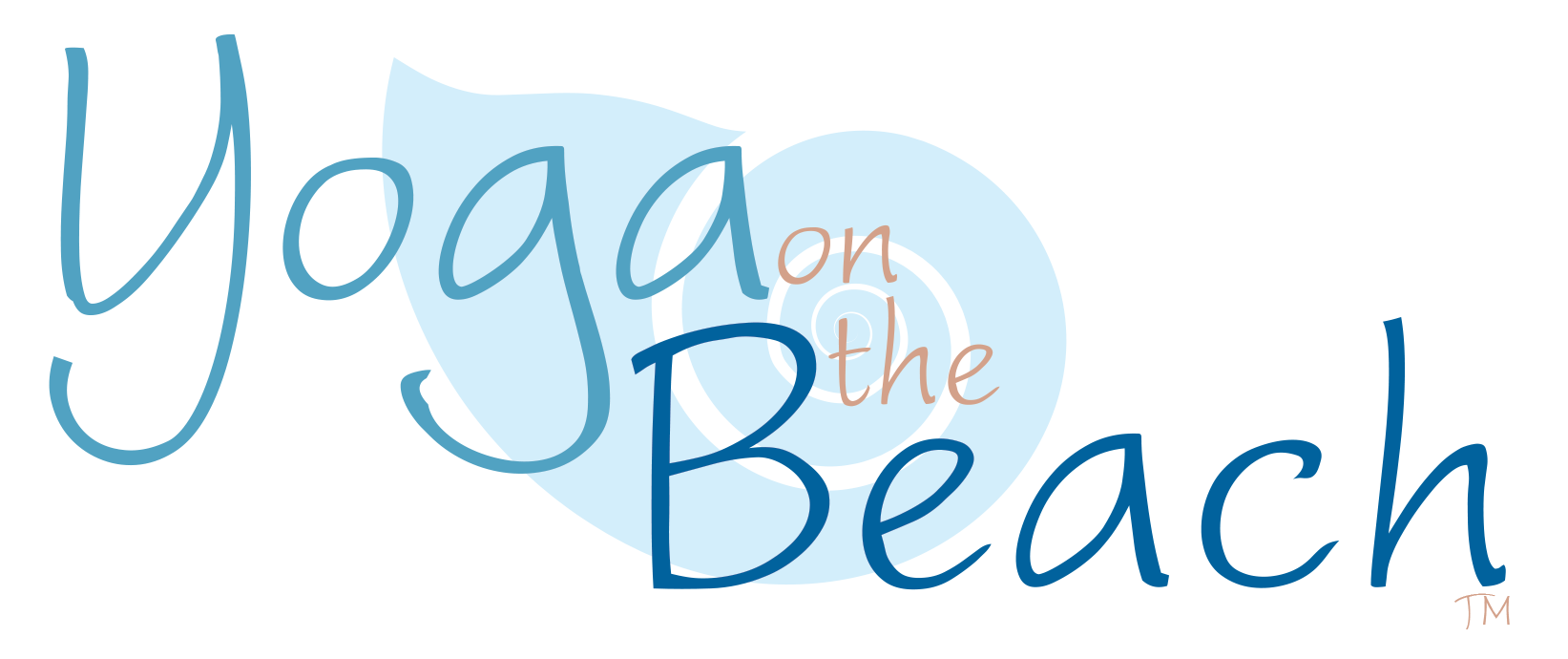Meditation – Where do I begin?
By Céline Peccatte and Nancy J Curran
When many think about starting a meditation practice, often there is a feeling of great uncertainty. Where do I begin? That is the question for the beginner meditator and for the instructor when answering that question.
The simple answer is to begin by meditating. We know both the truth in this, and the pitfalls.
Without some form of support or guidance we can often find ourselves frustrated, confused, and in a pool of self-judgment. One of the collective misconceptions about meditation is that it helps one to stop thinking. This is an impossible task even for a seasoned practitioner. Because of it, one quickly concludes: “ I am not good at meditating!, I can’t stop thinking!” Wondering why we are doing this, in a state of judgment and defeat, we give up!
Yes, like many things that are new when you begin a meditation practice you will find the joy of conquering and discovery, at the same time you will be faced with roadblocks that will test you, and ask you to grow and change. In the beginning it is so very supportive to have resources that will help you along the way. A meditation teacher, or meditation mentor, being part of a group, taking a class, reading about other’s journeys along the way are all great ways to help you when you are faced with some element of the practice that becomes difficult.
For some finding a group to meditate with is helpful, especially if there is some guidance or discussion within the time spent together. Meditation is a deep practice that brings you to sit with yourself, observe and practice non-judgment. In doing that you will sometimes feel quite isolated, alone and separated. When practicing with a group there is a space created that helps the beginner to feel part of something, and supports you along the way when things may get trying.
In the beginning having support also helps to identify the benefits that you are receiving from the practice. Let’s be honest here, most people don’t continue to do something if they do not perceive a benefit. At first you may just feel more relaxed after the session, then you might start to feel the sense of calmness pervading throughout your day. Other benefits include a calmer sense of emotions even when there are stressors, clarity of mind, physical well being and an uplifting sense of personal power that enables you to meet life in all its spectrum, as it is. The benefits are not goals to reach; they might just happen as secondary effects some days and more than likely a delightful breakthrough over time.
If you feel really at a loss, start by talking to others who meditate, asking them about their experiences. Find out how they began or if they recommend any thing to consider as you begin your practice. Consider taking a workshop that will help you to understand the different ways to meditate, which will help you identify what may be a jumping off point for you. You will also want to learn about some of the roadblocks along the path of meditation, and then what tools to use to help diminish them. If you are someone who likes to read about your interests, try Meditation for Dummies by Stephan Bodian.
Again we go back to the simple answer, just meditate. Even for just 5 minutes, sit with yourself or lie down and be aware of your breath. Free of judgment, you become aware. You let go. You struggle. You are amused. You create, and let go again. Eventually, you will find your way to come sit, meditate, observe the mind and in the end no matter what transpired you offered yourself a moment of kind attention. Meditation can be as simple as that. Welcome to meditation!

